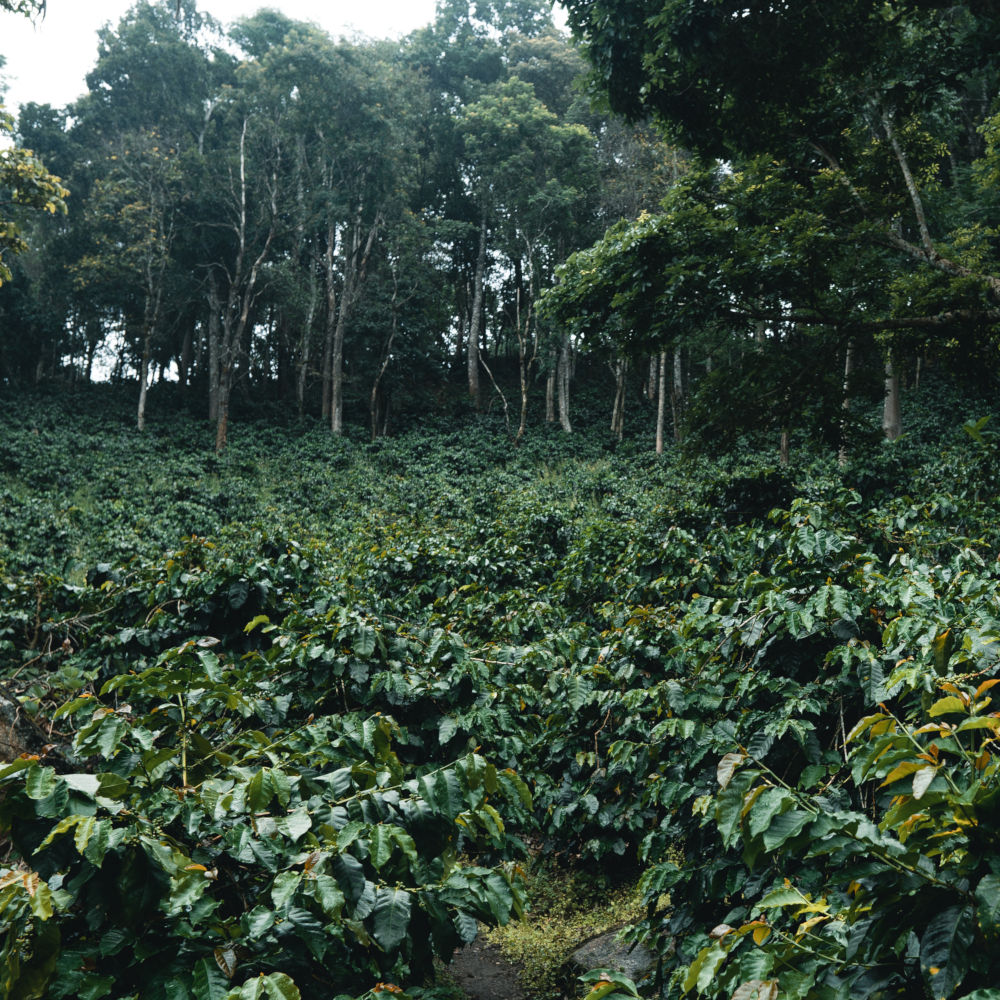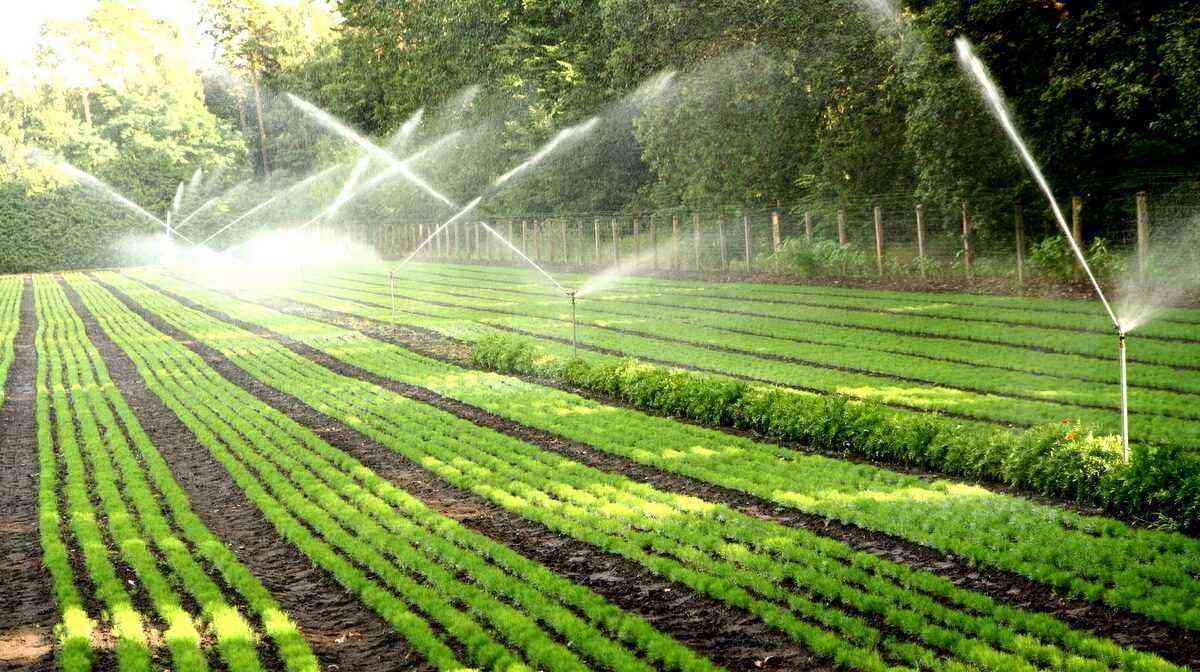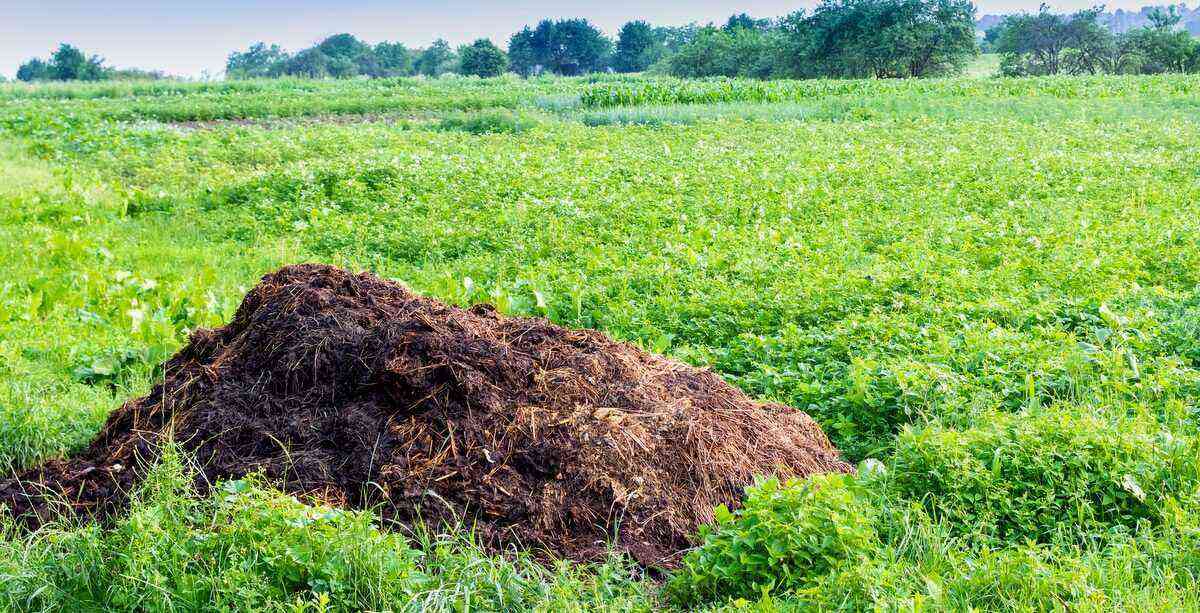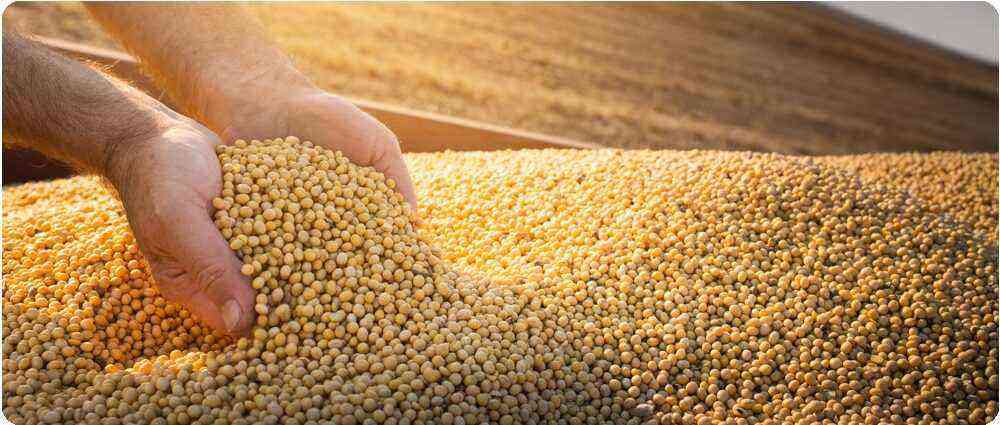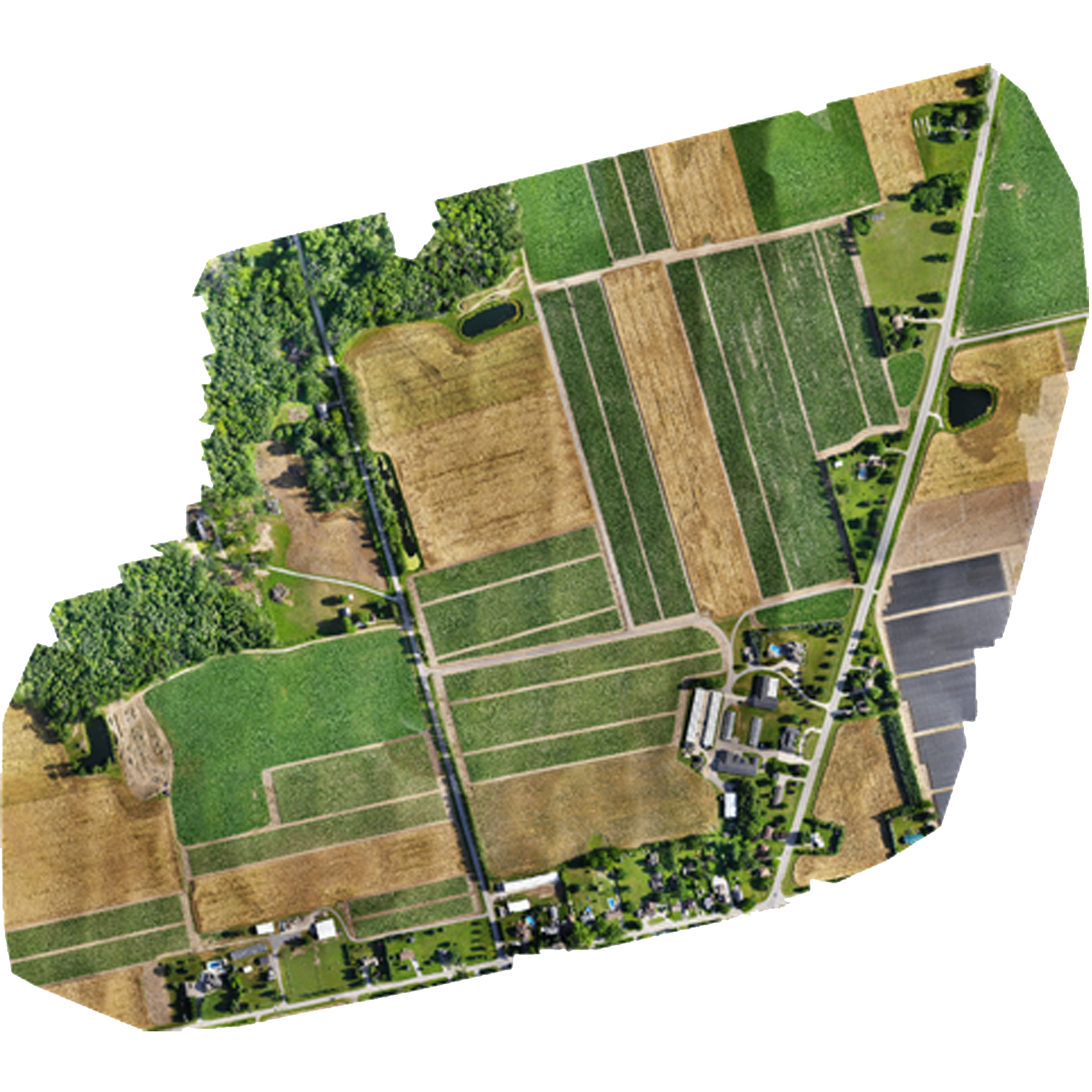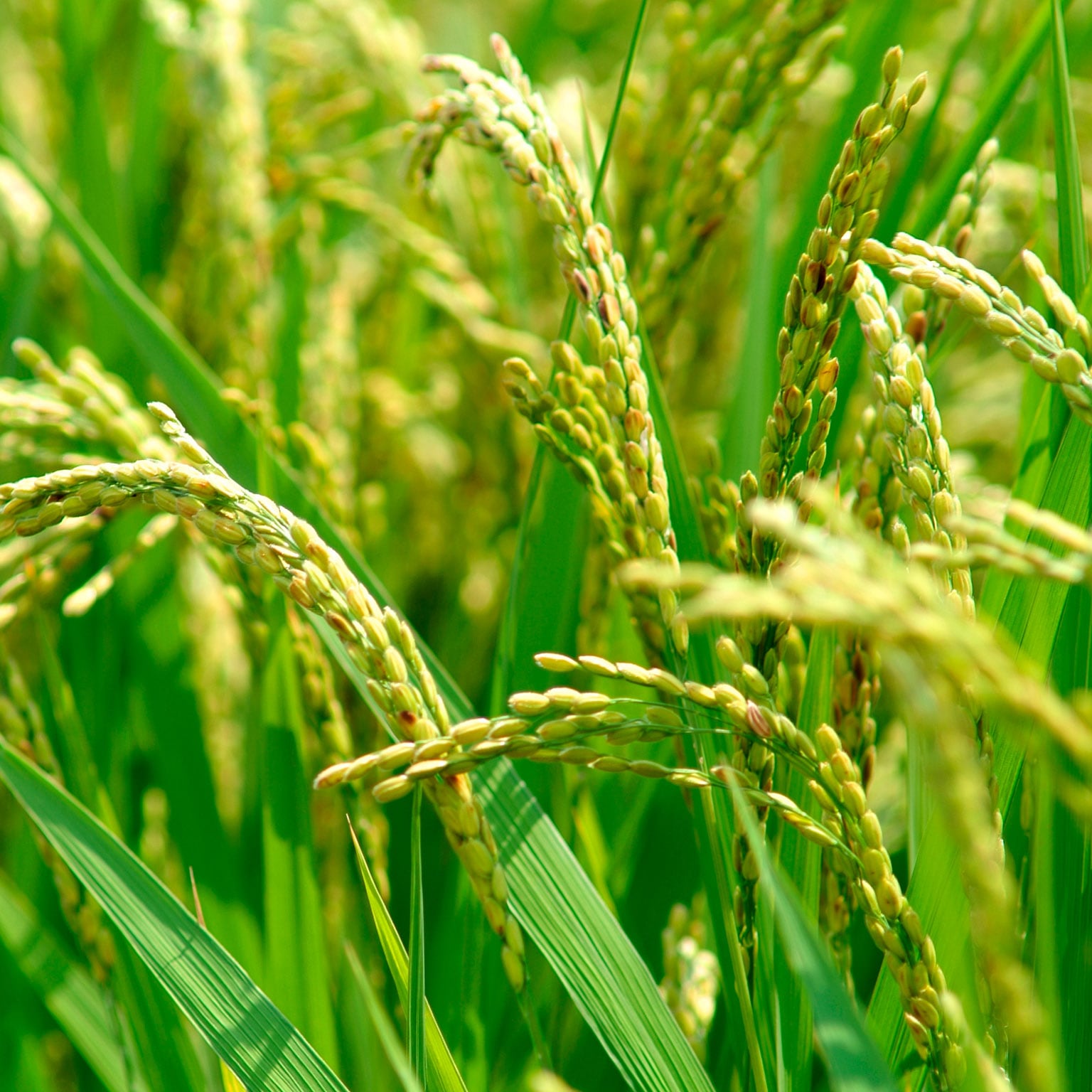Since their invention, fertilizers have helped not only to grow more food, but, above all, to save lives.
According to the AperionCare survey, available at: https://aperioncare.com/blog/inventions-life-expectancy/, fertilizers since their discovery in 1909 have saved billions of lives – and are among the main innovations created by man throughout our history, alongside vaccines and blood groups.
Mineral fertilizers provided the expansion of agriculture both in productivity and in new areas, helping to lift millions of people out of poverty and hunger.
Just as a human being needs the proper nutrients to grow healthy, so does a plant. Nitrogen, for example, helps in plant development, phosphorus in energy storage and transfer, while potassium helps in the efficient use of water.
Mineral fertilizer is the granule that gathers these and other nutrients essential for life. In addition to improving soil quality, it is also capable of optimizing yields, increasing land use efficiency and mitigating greenhouse gas emissions.
Its use significantly increases the quality of food. And well-nourished food results in well-nourished people.
By 2050, the world will need 70% more food than we have today. The key to feeding the future is to increase agricultural productivity, in harmony with the environment.
The answer to this challenge is only one: efficiency, and it includes fertilizers, which are already responsible for feeding almost 50% of world production.
For Yara Brasil, a world leader in plant nutrition, without the addition of fertilizers, crop yields and agricultural productivity would be significantly reduced, putting food security at risk.
“To ensure high yields and nutrient-rich foods, we need to replenish the nutrients absorbed and exported along with these foods to the soil. The secret is to obtain a correct balance, through the rational use of fertilizers, thus ensuring well-nourished plants that provide high productivity and quality in a sustainable way”, says Guilherme Schmitz, Research & Development and Agronomy manager at Yara Brasil.
With centuries-old knowledge and experience in the production and application of nutrients to plants, the company argues that sustainable agriculture is part of the solution to climate change, and fertilizers play a prominent role in this scenario.
Check out 10 reasons that reinforce the importance of using fertilizer in the field:
- They are vital for the balanced nutrition of crops;
- They complement soil nutrients and supply crop deficiencies;
- It meets the needs of crops, providing greater yield and harvest quality;
- Provides more nutrient-rich foods to the population;
- They help farmers adapt to climate change and better cope with water scarcity problems;
- They are essential to sustainably intensify agriculture on arable land;
- They help to prevent soil degradation and desertification, improving health as a whole;
- They are responsible for 50% of the world’s food production.
- Nitrate-based fertilizers are the most efficient and environmentally responsible option because they reduce gas emissions;
- Without fertilizers, agriculture would need another 1,1 billion hectares of land.






